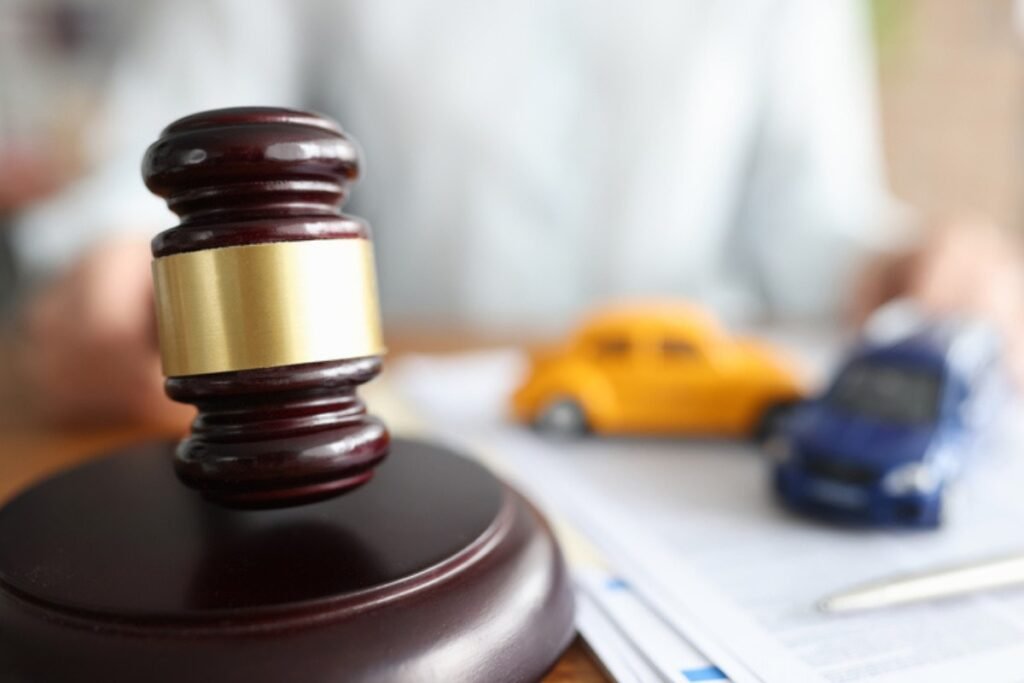Slip and fall injuries are a significant cause of personal injury cases, and they can have long-lasting financial consequences for victims. Whether the accident occurs at work, on a sidewalk, in a store, or at a public facility, the financial burden of medical bills, lost wages, and rehabilitation costs can quickly add up. Understanding how compensation works for slip and fall injuries is crucial for ensuring you are adequately compensated for your injuries and losses.
Immediate Costs of Slip and Fall Injuries
The financial toll of a slip and fall injury can begin almost immediately. The first and most obvious cost is medical care. Depending on the severity of the injury, this could include emergency medical treatment, hospitalization, surgery, physical therapy, medication, and follow-up visits. Common slip and fall injuries such as broken bones, sprains, and head trauma can require extensive medical attention and time off work.
In addition to medical bills, the victim of a slip and fall injury may experience lost wages. If the injury is severe, it may prevent the individual from working for an extended period, leading to a loss of income. In some cases, victims may be unable to return to their previous job due to long-term disability or physical limitations caused by the injury. The financial burden can be overwhelming, especially if the victim has limited savings or no disability insurance.
If the slip and fall occurs in a public or business setting, victims may also experience emotional distress, which can further complicate the financial impact. Medical treatment for mental health conditions such as anxiety or depression stemming from the accident may also contribute to the total cost of recovery.
Workers’ Compensation: A Potential Source of Financial Relief
If the slip and fall injury happens at work, the victim may be eligible for workers’ compensation benefits. Workers’ compensation is a state-mandated program that provides compensation for work-related injuries, including slip and fall accidents. This system offers financial support for medical bills, lost wages, and rehabilitation costs without the need for a lawsuit.
Medical Expenses: Workers’ compensation typically covers all reasonable and necessary medical expenses related to the injury, including doctor visits, hospital stays, surgeries, physical therapy, and medications. The coverage is usually direct and does not require out-of-pocket expenses.
Temporary Disability Benefits: If you are unable to work due to your slip and fall injury, workers’ compensation will provide partial wage replacement during your recovery. Temporary disability benefits typically cover a percentage of your regular income, though this amount varies depending on the severity of your injury and state laws.
Permanent Disability Benefits: If the injury results in permanent disability, workers’ compensation may provide additional benefits based on the extent of the disability. This could include a lump sum settlement or ongoing financial support.
However, it’s important to note that workers’ compensation does not cover “pain and suffering” or other non-economic damages. In addition, if the accident was caused by a third party or due to gross negligence by your employer, workers’ compensation may not be your only option for compensation.
Third-Party Lawsuits and Additional Compensation
In some cases, victims of slip and fall injuries may be entitled to more compensation than what is available through workers’ compensation. If the slip and fall was caused by the negligence of a third party, such as a contractor, property owner, or equipment manufacturer, you may be able to file a personal injury lawsuit.
For instance, if your injury was caused by a dangerous condition in a store or on a public sidewalk, you may be able to pursue a premises liability claim against the property owner or manager. Similarly, if the fall occurred due to defective equipment, you might have grounds for a product liability lawsuit. A third-party lawsuit can provide compensation for damages that are not covered by workers’ compensation, such as:
Pain and Suffering: In a third-party lawsuit, you can pursue compensation for the physical pain and emotional distress caused by your injury. This is one of the most significant components of damages in personal injury cases.
Loss of Enjoyment of Life: If your injury prevents you from participating in activities you previously enjoyed, such as sports or social events, you may be entitled to compensation for the loss of enjoyment of life.
Punitive Damages: In cases involving gross negligence or malicious intent, the court may award punitive damages. These damages are intended to punish the wrongdoer and deter future misconduct, and they are typically awarded in addition to compensatory damages.
How Much Compensation Can You Expect for a Slip and Fall Injury?
The amount of compensation you can receive for a slip and fall injury depends on various factors, including the severity of your injury, the circumstances of the accident, and whether you file a workers’ compensation claim or a third-party lawsuit.
Severity of Injury: Injuries that require extensive medical treatment, rehabilitation, or result in permanent disability are likely to lead to higher compensation amounts. For example, broken bones or traumatic brain injuries that require surgery and long-term care may result in higher settlements.
Lost Wages: The amount of compensation for lost wages will depend on how long you are unable to work due to your injury. If your injury is long-term and prevents you from returning to your job, compensation may include future lost earnings.
Liability: The extent to which the defendant is found liable for your injury will affect your compensation. If the responsible party (e.g., your employer, a property owner, or a third-party vendor) is determined to be significantly at fault, you may be able to recover higher compensation.
State Laws: Compensation for slip and fall injuries also varies based on your state’s laws. Some states have caps on the amount of compensation you can receive for non-economic damages like pain and suffering. Your attorney will be able to provide a more accurate estimate based on the specifics of your case.
Conclusion
The financial impact of a slip and fall injury can be severe, affecting not just your immediate medical expenses but also your long-term income and quality of life. Workers’ compensation provides an important source of financial support, covering medical costs and lost wages in work-related slip and fall cases. However, in some instances, third-party lawsuits can provide additional compensation for pain and suffering, loss of enjoyment of life, and other non-economic damages.
If you’ve suffered a slip and fall injury, it’s essential to understand your rights and explore all available options for compensation. Consulting with a personal injury lawyer can help you navigate the complexities of slip and fall injury claims and ensure you receive the financial support you need to recover fully.

